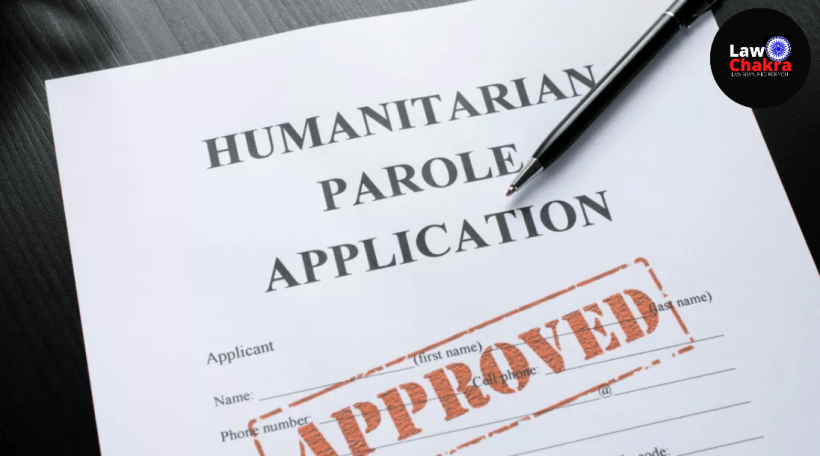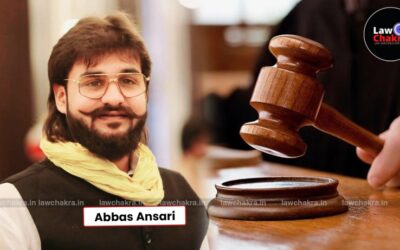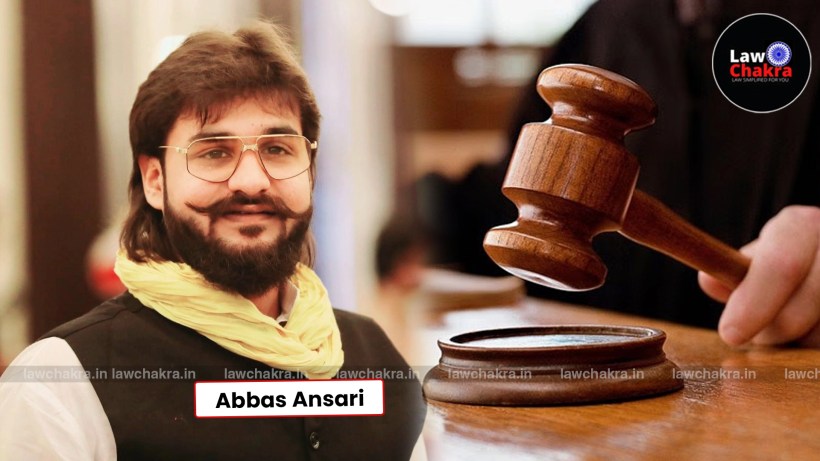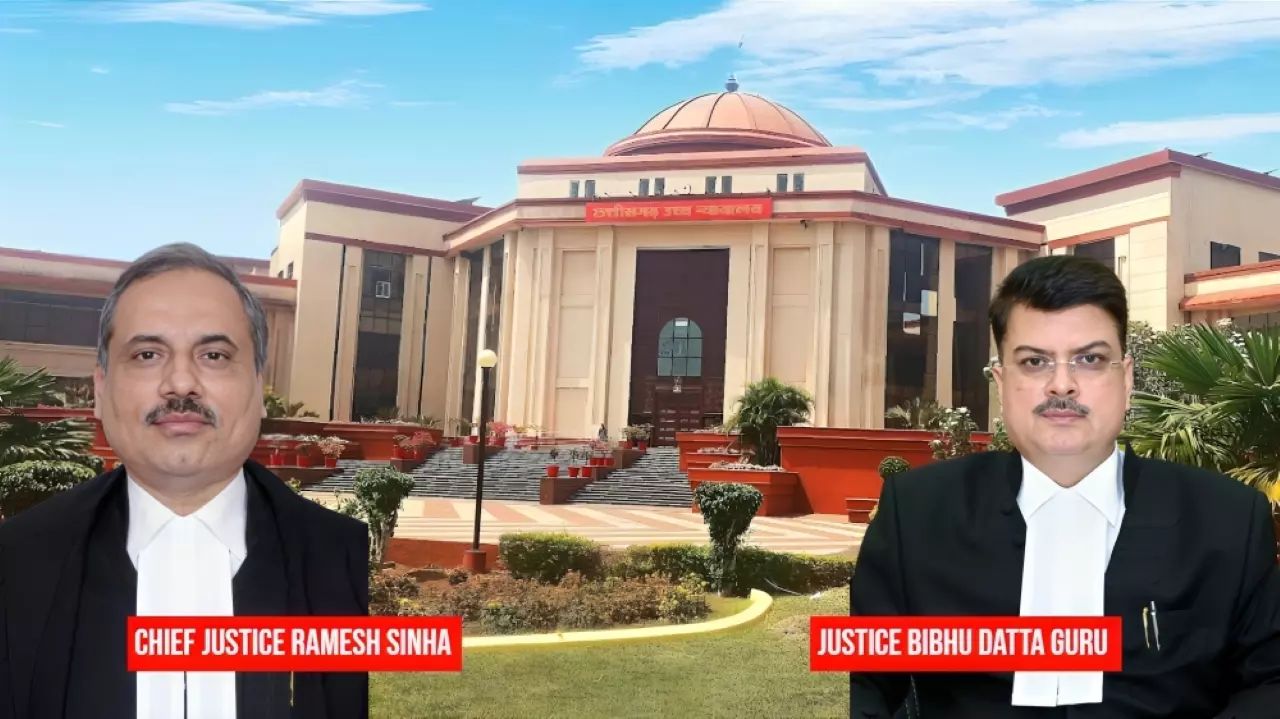“This Generation Don’t Want To Go To The Trial Court To Learn The Practice”: Supreme Court Slams Lawyer & Grants Parole To Accused For Wife’s Surgery

Parole granted on humanitarian grounds to enable the convict to support his ailing wife and minor children. Supreme Court emphesised that the junior lawyers must thoroughly know the case before appearing and learn legal practice at trial court level.
Thank you for reading this post, don’t forget to subscribe!

NEW DELHI: On 13th June Supreme Court of India granted parole to Ajay Kumar who is convicted under Protection of Children from Sexual Offences (POCSO) Act and showed concern towards the young generation lawyers, not willing to gain practical knowledge at trial court level.
This case revolves around the petitioner for parole filed by a convict, Ajay Kumar, on humanitarian grounds. It highlights the Supreme Court’s compassionate approach in ensuring justice beyond technicalities, especcially where the family members and children are involved.
The judgment reflects the balancing act that the courts often perform between the procedural rigour of criminal law and individual rights to dignity and family life. This case Ajay Kumar v. State of Uttar Pradesh is a pertinent example of how the judiciary may exercise its discretion to grant temporary liberty in exceptional circumstance.
Background and Facts
Ajay Kumar is the convict in special leave petition no. 1115/2017 arising out of Case Crime No.149 of 2014, P.S. Sikandrabad, District Bulandshahr, UP. He is lodged in Central Jail, Agra. His wife was scheduled to undergo a medical operation on 16.06.2025. The petitioner has minor children requiring parental care during this period.
Ajay Kumar filed an application before the Allahabad High Court for temporary parole, which was rejected on 27.06.2025. He, then approached the Supreme Court of India through a Special Leave Petition under Article 136 of the Constitution.
Issues Before the Court
Whether parole can be granted even when the convict has not first approached the prison authorities as per the standard procedures?
Whether a convict can be granted parole on compassionate grounds, particularly for supporting a spouse undergoing surgery and to care for minor children?
Whether the failure to follow the standard procedure for parole is a bar to seeking releif from the court?
Whether the Supreme Court ca exercise its discritionary powers under Article 136 to grant parole despite procedural irregularities?
Observations of the Supreme Court
It observed that the petitioner should have first approached the concerned administrative authorities for parole before moving the court.
The Bench also pointed out that the counsel should have notified the State government counsel in advance about the urgent hearing.
The Court stated,
“The normal procedure is to first apply before the authorities, convince them of the pressing reason, and obtain parole.”
Despite these procedural lapses, the Court granted parole for a limited period of one week, from June 15 to June 21, 2025.
ALSO READ: Dera Sacha Sauda Chief Gurmeet Ram Rahim Singh Released on Parole For 30 Days
The court directed that:
This order be communicated through the concerned Chief Judicial Magstrate in connection with Special Case No.1115/2017 (State of U.P. vs. Ajay Kumar) arising out of Case CrimeNo.149 of 2014, P.S. Sikandrabad, District Bulandshahr
The order be executed by the Senior Suprintendent , Central Jail, Agra, UP.
Click Here to Read Our Reports on Special Leave Petition
Click Here to Read Our Reports on Parole
FOLLOW US FOR MORE LEGAL UPDATES ON YOUTUBE






